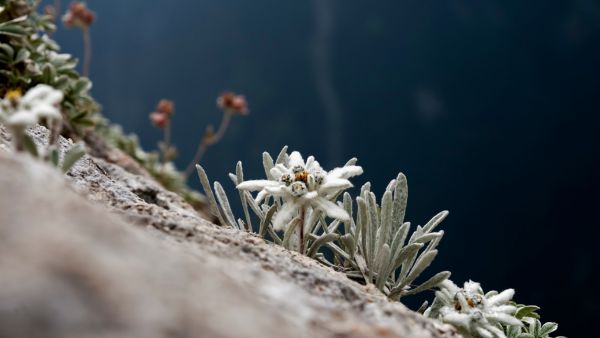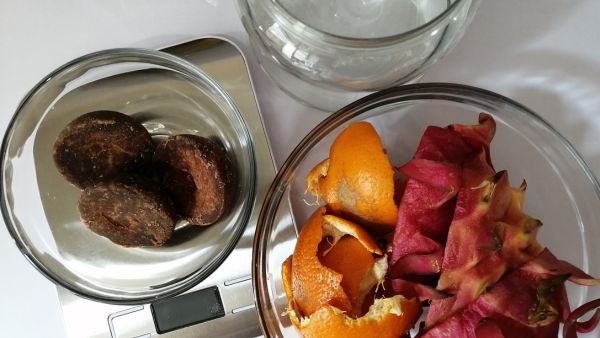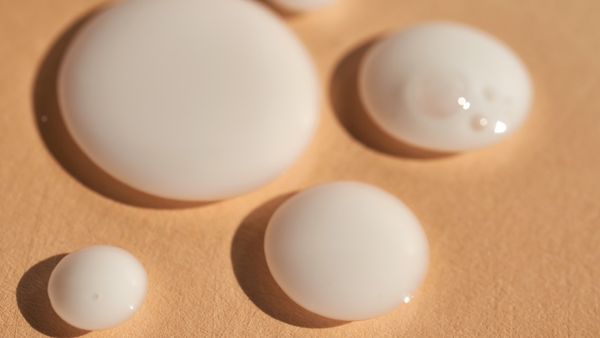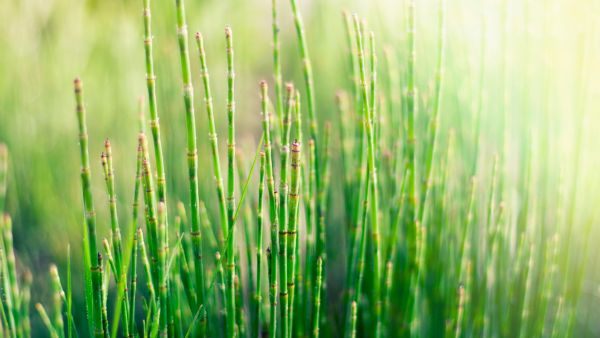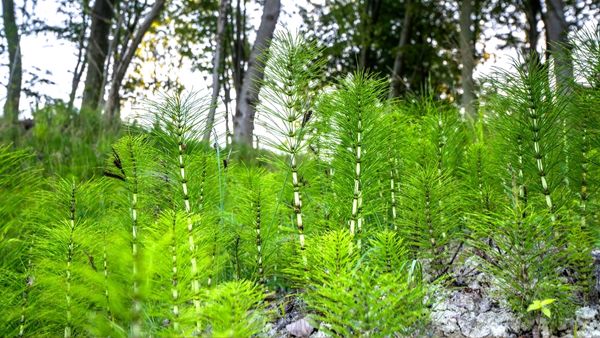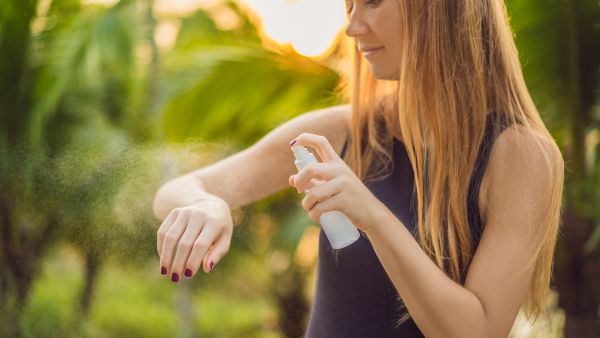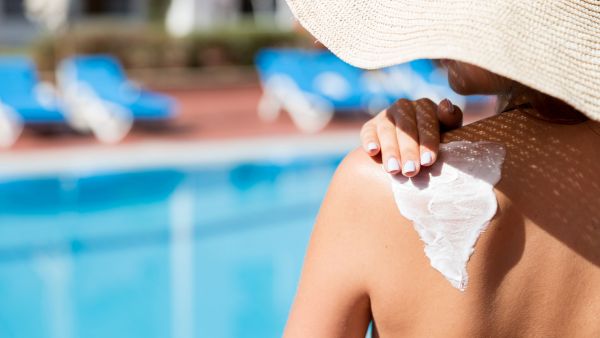Swiss Edelweiss Flowers: The Skin Benefits of this Alpine "Queen of the Mountain"
Loving the outdoors and being active doesn’t have to take a toll on your skin. The winter wind, the effects of sun exposure, pollution, the lack of moisture in the air is no match for nutrient-packed Edelweiss, our superstar ingredient hand-harvested from the Swiss Alps twice a year.
Edelweiss flowers (Gnaphalium Leontopodium) are a rare, strictly protected mountain herbaceous plant. Collection in the wild is prohibited in most countries to avoid endangerment. Edelweiss is of Asian origin that settled in the mountains of Europe and arctic regions of the world during glacial periods of the planet. It is found predominantly in the highest mountain areas of Europe and Asia.
Known for its high-elevation survival, this rare, short-lived mountain flower is closest to the sunflower family and symbolizes alpinism, rugged beauty, and purity of the Alps. It is often called 'Noble White', 'Snow Flower' and ‘The Queen of the Mountain’.
But the power of this beauty goes deeper than just pretty blooms.
Edelweiss flowers thrive in rocky limestone habitats above 5,900 feet in elevation. As for Telluride, if you are lucky, there have been rare sightings of this remarkable plant above 13,000 feet!
Living at such high altitudes means these plants receive some major sun, wind, cold, and general severe weather exposure all of which has contributed to their ability to repair and fight free radicals.
Adapting to high elevations includes protecting itself from ultraviolet exposure at the highest peaks of Europe by producing significant antioxidants that thwart oxidation caused by UV rays.
A true extremophile botanical, Edelweiss has the ability to fortify, renew and nurture the skin. It has been shown in studies to target skin RNA helping to improve their response to environmental stressors.
You won’t find Edelweiss (Leontopodium alpinum) in all mountain regions, and you won’t see it as a common skincare ingredient but you can find sustainably harvested and protected Edelweiss flowers in our Aspen Dew Illuminating Essence.
So, what can Edelweiss do for your skin?
Rejuvenating
By supporting skin regeneration processes, Edelweiss helps contribute to a healthy and rejuvenated complexion. Rich in antioxidants leontopodic acid and isochlorogenic acid, Edelweiss can help fortify skin against environmental stressors, like UV radiation, pollution, and free radicals. Twice the free radical scavenging properties of vitamin C, Edelweiss helps shield skin from oxidative stress and slow premature aging.
Calming
Edelweiss contains phenylpropanoids, a compound that posses anti-inflammatory and antibacterial properties. These phytoactives can help calm angry or reddened skin. This can be particularly beneficial for those with sensitive or reactive skin.
Hydrating
Edelweiss helps hydrate the skin and prevent moisture loss by restoring hydration and supporting healthy skin barrier function to those suffering from dry or dehydrated skin.
Firming
Edelweiss can help to support collagen production, which is essential for maintaining skin elasticity and firmness. As we age, our collagen production declines, which can lead to the development of wrinkles and fine lines. Edelweiss contains phytonutrients that may help to improve skin elasticity, reduce the appearance of wrinkles and promote more youthful-looking skin.
Smoothing
Edelweiss can help to improve the overall texture and appearance of the skin by helping promote cell renewal and regeneration. Natural phytochemicals such as chlorogenic acid, luteolin, bisabolane derivatives, and beta Sitosterol, subsequently assist in improving the appearance of wrinkles and aged and/or irritated skin.This can help to reduce the appearance of fine lines, wrinkles, and uneven skin tone, and promote a more radiant complexion.
Brightening
Certain compounds found in Edelweiss extract are associated with skin brightening effects which help to reduce hyperpigmentation, fade dark spots, and reveal a more even and radiant skin tone. In addition, Edelweiss can help fortify your skin against sun-induced aging.
These botanical powerhouse components help provide antioxidant, antibacterial and anti-inflammatory defenses for the skin.
Edelweiss flower extract is truly an alpine treasure, bringing a myriad of health benefits to your skin. From its concentration of free radical scavenging antioxidants to its hydrating and soothing properties, this alpine wonder can transform your skin's look, feel, and health.

Edelweiss survives and thrives
Look closer and you’ll see that the beautiful Edelweiss grows dense hair over its leaves and flower, like a little fuzzy snow hood, to help protect itself against the harsh environment where it thrives so beautifully. So clever!
Adapting to survive, extremophile plants like Edelweiss, produce secondary metabolites that provide cytoprotective properties that also feed your skin with vitamins necessary for vibrant aging. These phytonutrients withstand brutal winter climates then repel pests, fungi, and intense UV radiation in the summer growing season.
Aspen Dew’s custom formulation delivers the benefits of these plants’ powerful response to stress right to your cells to help protect them from the stress from your own environment.
Uniquely protected and sustainably sourced
Sustainable sourcing is an important topic in today’s botanical skincare and an important part of the Telluride GLOWPromise.
Edelweiss is cultivated in high alpine areas in the French speaking part of Switzerland, and the flower is cut only partially while the stems and roots of the plant are left untouched until a second cut later in the year. After the snowy winter the cycle is repeated to ensure the vitality of the plant remains intact, as is the ground it grows from.
Together with perfect ratios of other skin perfecting actives, Aspen Dew with Edelweiss visibly firms and assists in brightening, plus incredible moisture balance while keeping skin-damaging free radicals at bay.
See what this highly adaptive flower can do to illuminate your skin with our Aspen Dew Illuminating Essence.
Inspired by the shimmering aspens surrounding Telluride, Colorado, this is a luxurious hybrid between a micro-serum and a skin conditioner, delivering quadruple humectants for a dewy glow. Niacinamide (B3), Phytoceramides, Aloe Vera and micro-molecular Hyaluronic acid meld with Edelweiss and other regenerating alpine plant actives in a weightless veil for deep, progressive hydration and defense against premature signs of aging.It stands alone beautifully, or pair with The Alpine or Purist serums for amplified skin recovery.
Sources:
Continue reading
